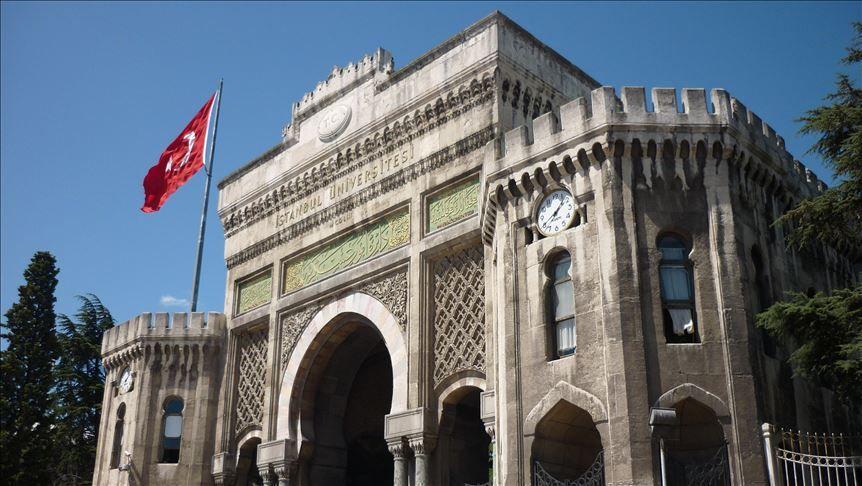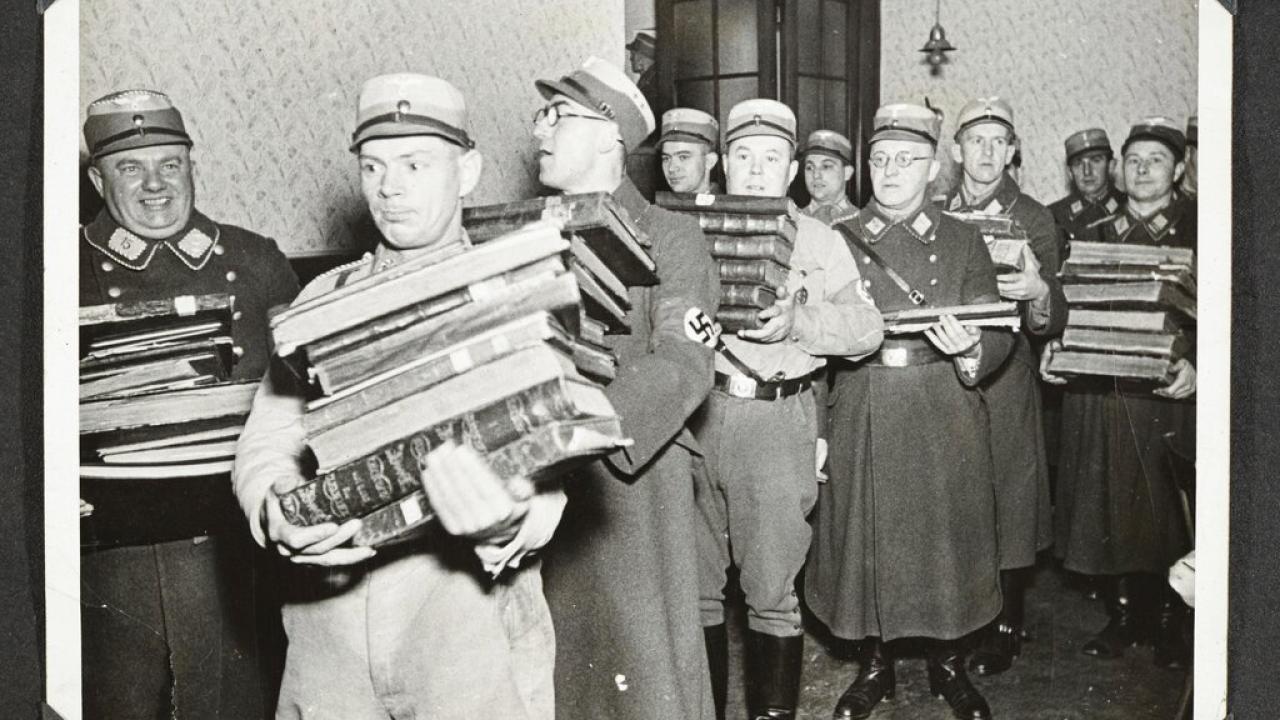
Türkiye is opening its doors to academics and students from Western educational institutions who lost their jobs because they opposed Israel's actions in Gaza, just as it did to Jewish academics who fled Nazi persecution during World War II. This week, Erol Ozvar, the president of Türkiye’s Council of Higher Education (YOK), extended an invitation to academics and students from Western educational institutions who lost their jobs for opposing Israel’s actions in Gaza. Speaking at the opening of a conference titled “Gaza Genocide Attempt: Tellings of an Eyewitness” at the Social Sciences University of Ankara (ASBU), Ozvar emphasized Türkiye's historical openness to those persecuted for their beliefs and actions. During his speech, Ozvar thanked Spain and other European countries for recognizing Palestine as a state, which he sees as contributing to international peace and security. He urged remaining EU countries to follow this example. Ozvar highlighted the plight of those dismissed for humanitarian stances, stating: "The doors of Turkish universities are open to Western academics and scientists. Come to our country. These lands have always opened their doors to oppressed Western people." 
He drew parallels with historical instances where Türkiye welcomed Jews persecuted in Europe and scientists fleeing Nazi oppression. On May 31, 1933, Türkiye enacted the Decree on University Reform, a pivotal moment that laid the foundation for the establishment of a modern university system in the country. As part of this reform, numerous positions in academia were vacated, particularly because of the expulsion of Jewish intellectuals from Germany. In response, Türkiye opened its doors to these displaced scholars, offering them positions within its universities. Between 1933 and 1945, a total of around 550 individuals, including professors, institute managers, counselors, lecturers, assistants, research assistants and laborers, sought refuge in Türkiye from Nazi persecution. Türkiye's decision to welcome these intellectuals not only provided them with a haven but also enriched the country's academic landscape and contributed to its cultural and intellectual diversity during a challenging period in world history.
YOK plans to facilitate this initiative by creating an application page for affected academics and students on its website. This will allow professors from Europe, Canada, and the United States, as well as international students who have faced job and educational disruptions, to continue their work and studies in Türkiye. Ozvar criticized the anti-democratic measures in Western universities against peaceful protests by academics and students. He noted that over 36,000 Palestinians have been killed and over 2 million displaced because of the Israeli attacks, stressing Türkiye's ongoing support for Palestine. The conference featured Ghassan Abu-Sitta, the Palestinian rector of Glasgow University, who shared his experiences as a volunteer doctor in Gaza. Ozvar condemned the restrictions imposed on Abu-Sitta in Europe, describing it as a violation of freedom of expression and highlighting Western double standards. ASBU Rector Musa Kazim Arican underscored the significance of Abu-Sitta’s testimony and expressed hope that the program would contribute to the cause of a free Palestine. Ozvar reaffirmed Türkiye's commitment to supporting Palestinian academics and students, many of whom are already continuing their education in Turkish universities. The military campaign in Gaza has led to severe humanitarian crises, with Israel accused of genocide by the International Court of Justice (ICJ). The ICJ recently ordered Israel to halt its operations in Rafah, where many displaced Palestinians have sought refuge.